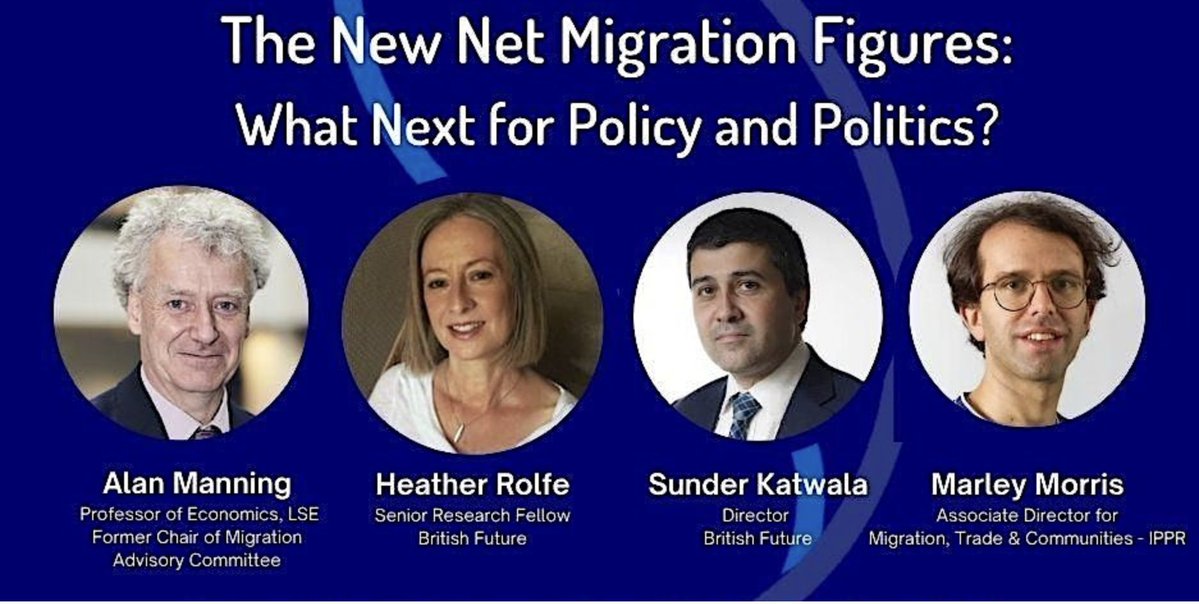The significant fall in net migration by nearly 50%, revealed this morning in new Office for National Statistics figures, will come as a surprise to most of the public, British Future said today – and should prompt fresh thinking from government about how to manage immigration in an era of falling numbers.
Net migration was 431,000 for the year ending December 2024, a period including the first six months of the new Labour government, compared to 860,000 a year earlier (year ending December 2023). It has fallen 308,000 since the last ONS figures six months ago, for the year ending June 2024 (updated slightly by ONS today). Net migration had peaked peaked at 906,000 in the year ending June 2023.
Only 10% of people in Britain were expecting net migration to fall, while six in ten (58%) expected it to increase, according to the new Focaldata research for British Future. Some 28% expected the numbers to remain about the same.

Sunder Katwala, Director of British Future, said:
“This significant fall in net migration will surprise 90% of the public, who expected numbers to keep going up.
“So Keir Starmer is in the unusual position for a PM of having exceeded expectations on immigration – though largely by not cancelling measures introduced by his predecessors.
“That gives him an opportunity to take a more pragmatic approach, managing the pressures and keeping the gains of immigration – rather than competing in a political auction over which party can pretend to eliminate it.”
The new, lower figures largely reflect a decision to keep last-minute migration policy changes from the previous administration. Measures announced in last week’s Immigration White Paper are predicted to reduce numbers further, by around 100,000.
Previously published Focaldata research for British Future asked respondents what they would like to happen to immigration numbers. The public is divided, with 50% preferring immigration to be reduced, while 45% say they want numbers to stay the same or increase.
Those who want immigration to be reduced are primarily focused on irregular migration and Channel crossings by small boats (49%), with only 26% saying their priority is lower net migration numbers overall.
People also struggle to identify what immigration they would cut. Most of the public would choose not to reduce migration of people coming to the UK for a wide range of jobs, from doctors (77%) and care home workers (71%) to fruit pickers (70%), catering staff (63%), lorry drivers (63%) and engineers (65%). Two-thirds (65%) say they would rather not reduce the number of students coming to the UK. People who voted Labour in 2024 are even less inclined to support reductions, with 55% preferring overall immigration numbers to stay the same or increase. You can read more about these findings here.
British Future is hosting a webinar, ‘Net migration is coming down – what happens next?‘, later today (Thursday 22nd May 1-2pm). Experts will examine the new figures and what they mean for future immigration policy. You can register here.














